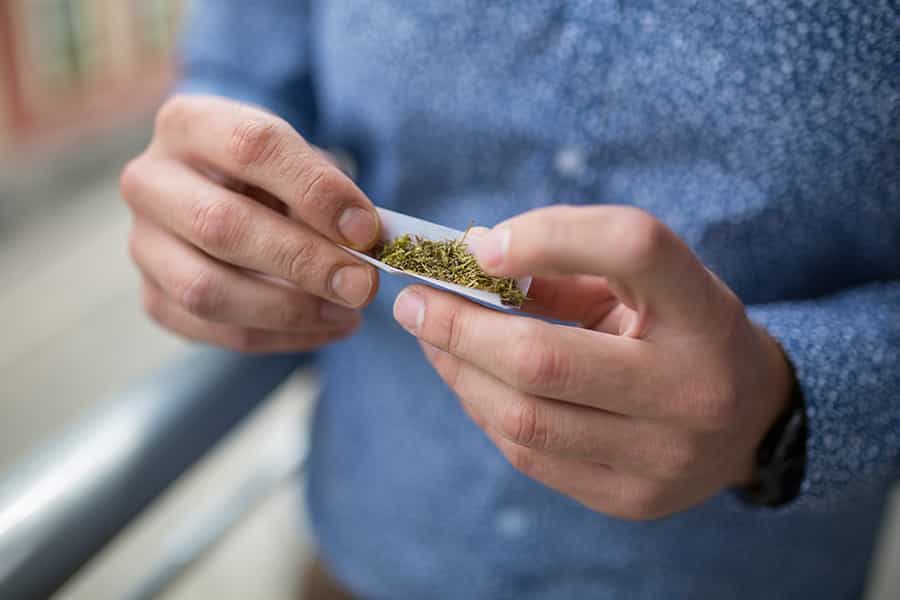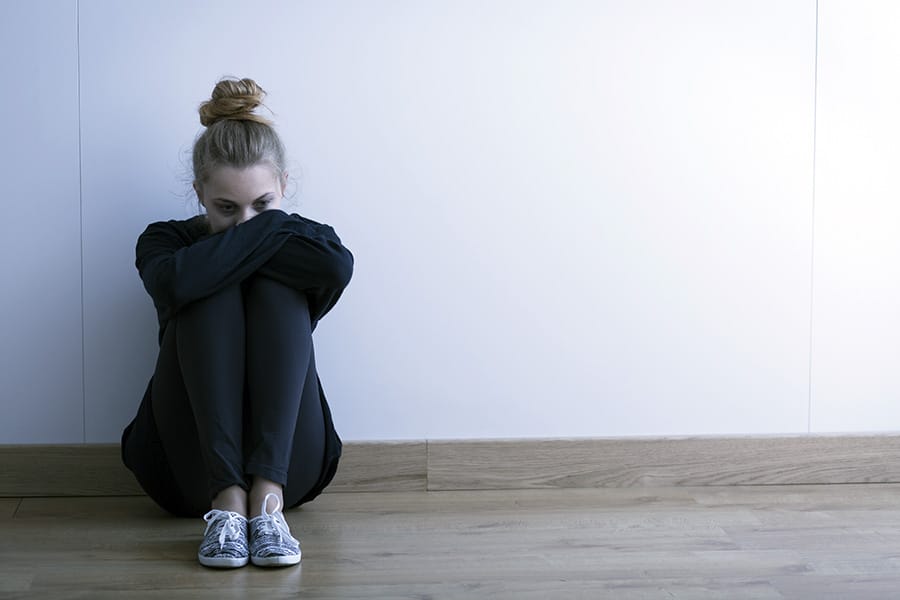Are you or a loved one struggling with substance abuse and you’re not sure why?
Gaining insight into the motivation behind the drug use is a great first step towards recovery. There is no one answer to the question “why do people use drugs?” but we have provided the following list of potential reasons as a starting point for your inquiry.
Feel free to call the Two Dreams admissions team at 504-510-2331 to jumpstart your recovery today!
- Physical Pleasure. Addictive drugs stimulate the release of dopamine, a “feel-good” chemical in the brain that invokes the euphoric high commonly associated with drug use. The type of “high” varies depending on which drug is used; for example, stimulants cause an energetic rush of activity, whereas opiates cause a sedating wave of tranquility. Over time, the body begins to associate drug use with unmatched pleasure and physical cravings occur. Normally stimulating activities, like eating and sleeping, begin to lack the allure they once held and drugs take over as a primary trigger for dopamine release.
- Emotional Release. Drugs and alcohol lower inhibitions and impair cognitive abilities. These mental disturbances may make it easier to forget about existing problems, but the problems themselves won’t actually go away. It is important to remember that drug abuse is not an appropriate coping mechanism, and can actually make the underlying problem worse over time by letting it fester and grow.
- Peer Pressure. Kids see their elders using drugs and want to emulate the behavior. Teens encourage other teens to use drugs at parties to look cool and have a good time. Adults complain about their workdays dragging on, and encourage each other to drink away the stress of tedious employment, saying “it’s 5’oclock somewhere, right?” Unfortunately, this constant need for peer acceptance drives many casual users to become abusers.
- Self-Medication. We often hear people claim that their drug use is a means of self-prescribed treatment. These individuals say that they use a particular drug to relieve their depression, anxiety, pain, nausea, etc. This is a dangerous mentality that can lead to addiction, overdose, and even death in some cases. At best, drugs mask symptoms instead of treating underlying health issues. For your own safety, you should always consult your primary care physician for advice regarding treatment.
- Curiosity. There is simply no way to escape hearing about drugs in today’s modern world; they are constantly discussed on the news and there is a large excess of advertisements, TV shows, and celebrity scandal stories centered on use and/or abuse. This overexposure phenomenon, combined with a natural human tendency toward curiosity, drives the temptation to try drugs and “see what happens.” Remember that nobody is safe from addiction, though; even one experience can lead to a lifetime of unhealthy habits.
- Rebellion. Drug use commonly starts in adolescence: a time of self-exploration and growing independence. Teens feel invincible, and want to make decisions for themselves. Unfortunately, these feelings and poor choices often lead to addiction and overdose. Rebellious abuse can also occur later in life as a response to invasive peers, political ideation, conflicts with authority, etc.
- Boredom. Sinking into mindless drug use is an easy hobby; it doesn’t take much effort to get high and it takes up a significant amount of time. This hobby often turns into a habit and, before you know it, an addiction. Time could be better-spent developing skills and relationships, but drugs take priority over normal pursuits for people struggling with substance use disorders.
- Physical/Mental Alteration. Some people use drugs to lose or gain weight. Some people use drugs to seem more outgoing in social situations. Some people use drugs to feel more spiritual or in tune with their environment. It is important to remember, though, that these alterations can all be made without risking drug addiction: for example, you can lose weight with diet and exercise; you can increase your comfort level in social situations through therapy and practice; you can feel more spiritual by engaging in yoga and meditation.
- Better Performance. Many users take drugs to improve their performance in some area, be it in school, work, athletics, or other. Stimulants especially enhance confidence and concentration, and are an increasingly common trend in student populations. It’s easy to singularly perceive the short-term effects of drugs, like increased concentration for an exam, and tune out all of the long-term negative consequences, both behavioral and physical.
- Mental Illness or Suicidal Ideation. Unfortunately, a significant number of people use drugs to intentionally blackout or otherwise attempt suicide. Pill overdoses are especially common in women, as a nonaggressive alternative to suicide by gun, knife, rope, etc. If you or a loved one are experiencing suicidal thoughts, please call 911 immediately.
Sources Cited:
https://www.drugabuse.gov/publications/drugs-brains-behavior-science-addiction/drug-abuse-addiction
https://recoveryexperts.com/rebuzz/health/reasons-why-people-begin-to-use-drugs



